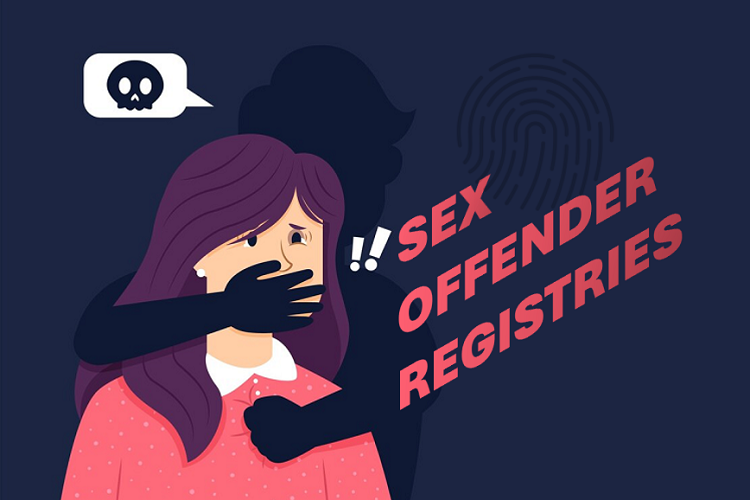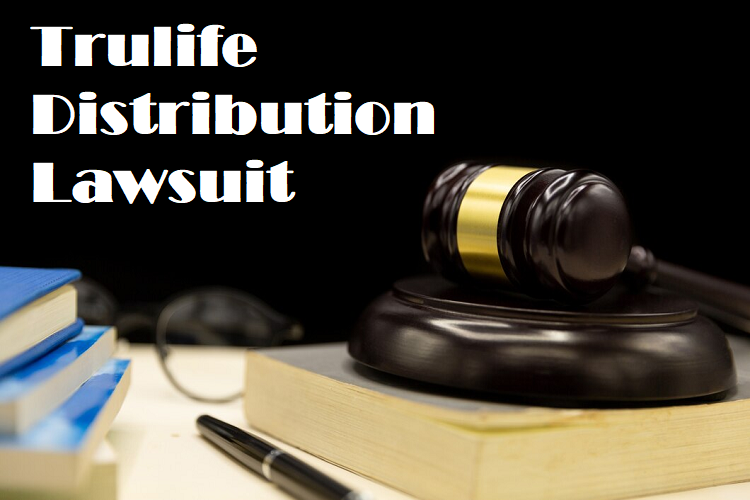Sex offender registries are a hot topic when it comes to balancing public safety and individual rights. This article explores the debate, exploring both the protective benefits and privacy concerns of these registries and the role of a sex crime defense lawyer in navigating this complex area.
Understanding Sex Offender Registries
Sex offender registries were created to protect communities. They are public databases where people convicted of sex crimes are listed, often with their personal details and the nature of their crimes. The idea is to keep the public informed and alert, especially about offenders living in their area.
However, being on a registry comes with heavy consequences for those listed. It can affect where they live, work, and how they interact with their community. The public nature of these registries means their personal information is easily accessible, which can lead to stigma and challenges in reintegrating into society.
The Protective Argument
One of the main arguments for sex offender registries is public safety. Supporters argue that these registries help inform people about potential neighborhood risks. They believe this information is crucial for parents and others to protect themselves and their children from possible harm.
The registries are seen as a deterrent, with the idea that the possibility of being publicly listed might stop potential offenders from committing crimes. This aspect of public safety is a key point in the ongoing debate about the effectiveness and necessity of these registries.
Privacy Concerns
On the flip side, there are significant privacy concerns. Being on a sex offender registry means your personal information is out there for anyone to see. This includes your photo, address, and details about your conviction. For many, this feels like a continuous punishment even after they’ve served their time.
These privacy concerns are not just about the individual listed. They extend to their families, who can also experience the backlash and judgment from the community, affecting their lives and personal relationships.
Role of a Sex Crime Defense Lawyer
A sex crime defense lawyer plays a crucial role in cases that might lead to someone being placed on a sex offender registry. They work to ensure a fair trial and can argue against the necessity or terms of registry placement.
These lawyers understand the legal nuances of sex crime charges and the implications of being listed on a registry. They advocate for their clients’ rights, balancing the legal consequences with the long-term impacts on their clients’ lives.
Reintegration Challenges
Being on a registry can make reintegration into society extremely challenging. Individuals may face difficulties in finding housing or employment, as landlords and employers can easily access their past. This can lead to a cycle of rejection and isolation, which can be counterproductive to rehabilitation.
A defense lawyer can sometimes help in reducing these challenges, advocating for conditions that don’t overly restrict their clients’ ability to rebuild their lives post-conviction.
Public Perception and Stigma
The stigma attached to being on a sex offender registry is immense. Public perception can be overwhelmingly negative, leading to harassment and discrimination. This stigma can follow individuals for years, long after they have served their sentence and even after they’ve been rehabilitated.
This public perception often ignores the nuances of individual cases and doesn’t differentiate between levels of offenses. It can result in a blanket judgment of all those listed, regardless of the circumstances of their cases.
Balancing Act: Protection and Rights
The debate over sex offender registries is essentially a balancing act between protecting the public and respecting the rights of individuals. It’s about finding a middle ground where communities can feel safe without unnecessarily infringing on the privacy and rights of those who have served their time.
In this debate, a defense lawyer’s role is to represent their clients’ interests while navigating the legal and ethical complexities of sex crime charges and registry implications.
Evaluating the impact of sex offender registries involves a delicate balance between community protection and individual privacy. While these registries serve public safety purposes, they also raise significant concerns about privacy, ongoing punishment, and societal reintegration.
A sex crime defense lawyer plays a vital role in representing those accused of sex crimes, advocating for their rights and a fair approach to their cases. The conversation around sex offender registries is complex, highlighting the need for a nuanced understanding of both protection and privacy rights.




